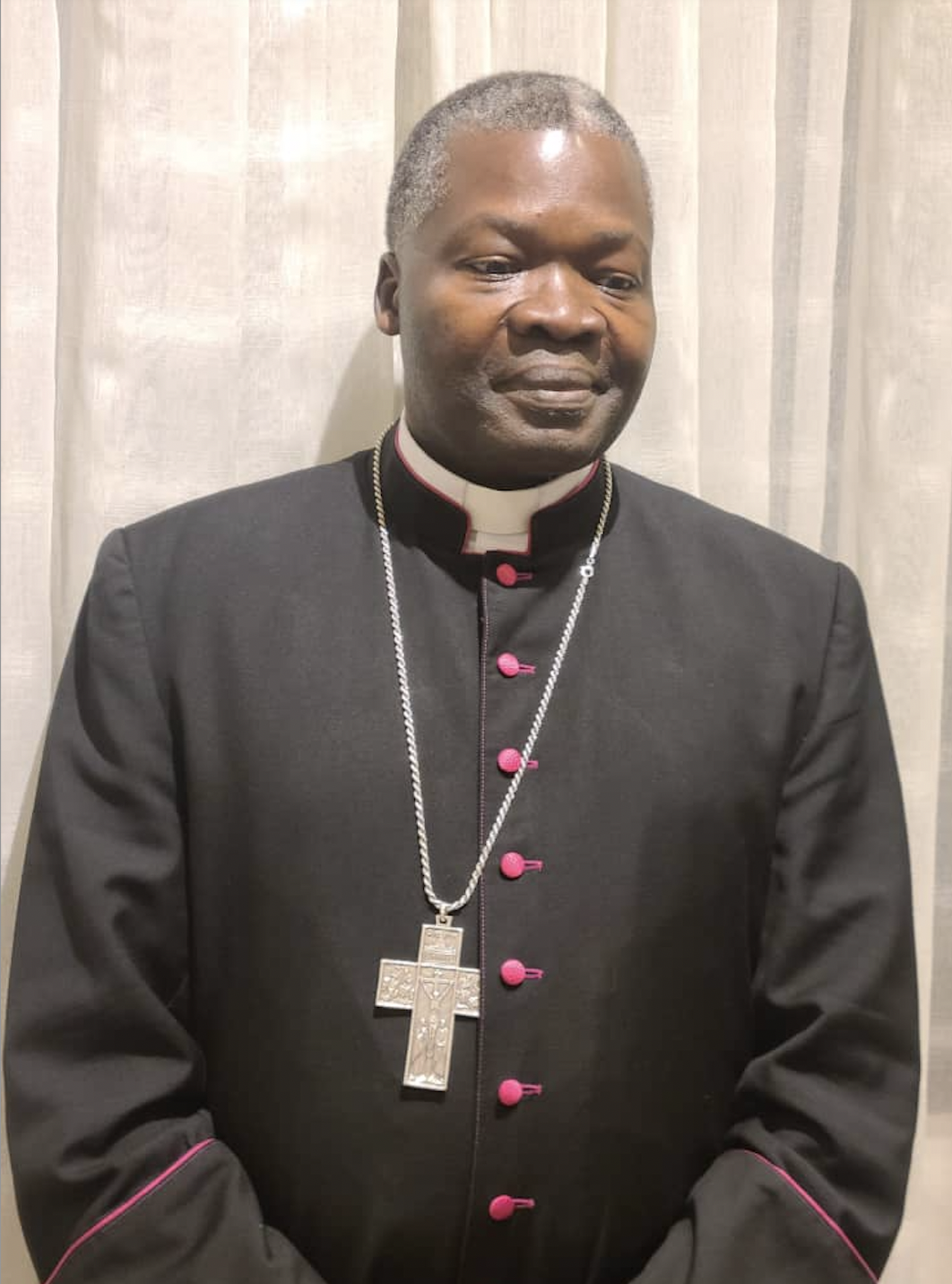June 5, 2023
In this Q&A, Archbishop of Brazzaville Mgr Manamika spoke with our partner Catholic Relief Services about the Global Fund’s partnership with faith-based organizations in the Republic of the Congo.

Faith-based organizations are critical partners in the Global Fund’s fight against HIV, tuberculosis and malaria. Working with local faith leaders, the Global Fund leverages the unique geographic spread and social influence of faith based organizations to build more resilient health systems while building progress in the fight against the three epidemics. As of April 2023, the Global Fund had awarded more than $2.18 billion in grants to faith-based organizations. As of this spring, grants to faith-based organizations account for an estimated 5.3 percent of the Global Fund’s active grants. Learn more about the Global Fund’s partnership with faith leaders by reading the interview below with the Archbishop of Brazzaville Mgr Manamika.
How has the fight against malaria affected the Republic of the Congo? How have you worked with the Global Fund at the local level to fight malaria?
In the Republic of the Congo, malaria remains a real public health problem. All segments of the population are at risk of contracting this disease. Children under five years of age and pregnant women remain the most vulnerable. Indeed, it is the leading cause of consultations (70%), hospitalization (65%) and mortality (18%). Through funding from the Global Fund, and with the main beneficiary Catholic Relief Services in partnership with the sub-recipients, the National Malaria Control Program is implementing a malaria control project.
How do you see your role as a religious leader in building trust between communities, doctors, and health facilities?
I have a major role in raising citizen awareness and mobilizing communities. I also play a role in awakening awareness and encouraging changes in behavior through meetings with health workers, the mobilization of volunteers and the sanitation of living environments. As a thought leader, my role is to advocate and build networks with other religious leaders, community leaders and political-administrative authorities to create change.
What do you want people in the United States, especially government officials, to understand about what it’s like to live with these diseases, especially in the Republic of the Congo?
Quite simply, we are facing a scourge that ravages, that kills almost every day and destabilizes families, especially the poorest. In the Republic of the Congo, malaria is a cause and consequence of poverty. Frequent consultations and the cost of care weigh heavily on household budgets. Parents miss working days, and disruption of children’s studies has both short- and long-term consequences. This disease also weighs on health systems and is an obstacle to socio-economic development in endemic countries such as the Republic of the Congo.
Why should African religious leaders continue to support the global fight against malaria?
We know that as religious leaders, our voices are heard, so we must all work together to support doctors, the Ministry of Health and Population and technical and financial partners. As religious leaders, our duty is to advocate in our churches, in schools, in communities, in the streets, and everywhere we can to let communities know that malaria is a serious but curable disease.
How has COVID-19 influenced your malaria work?
In relation to COVID-19, I would say that the disruptions caused to health systems have had an impact on the prevention and management of malaria. The challenges are largely related to the mobilization of human and financial resources, especially among the most isolated. The production and supply of insecticides, insecticide-treated nets, malaria tests and medicines were hampered or blocked by COVID-19 restriction and containment measures. There was also the lack of nursing staff and the quality of care left much to be desired. Added to this is the fear of being contaminated by going to a health center, which has weighed heavily on people and impacted access to care.
